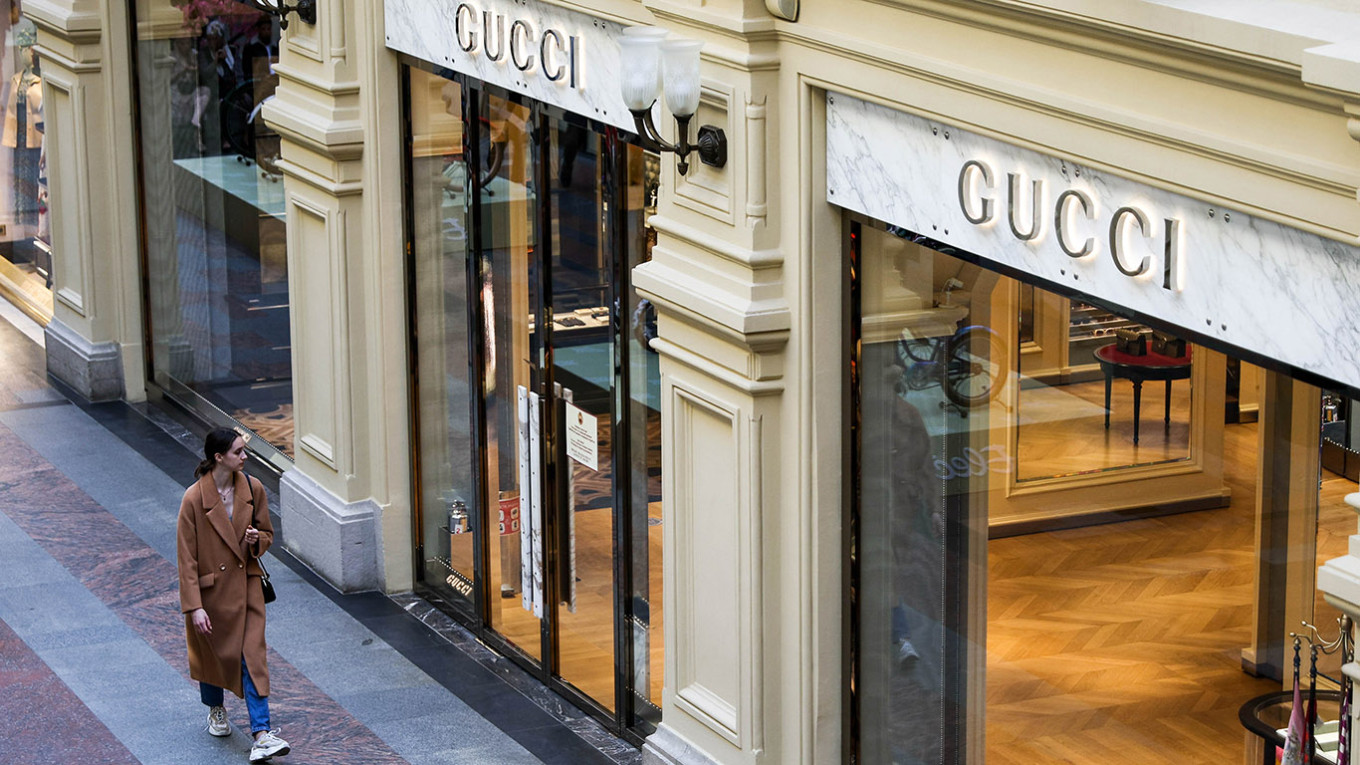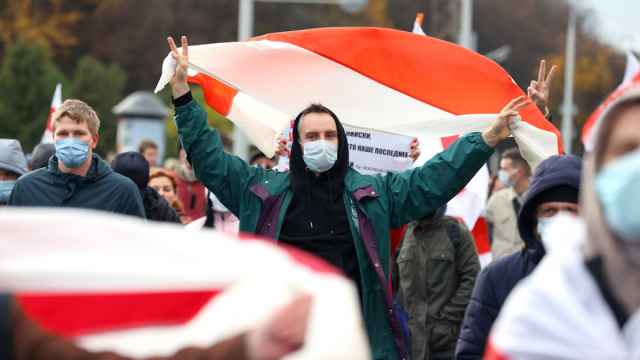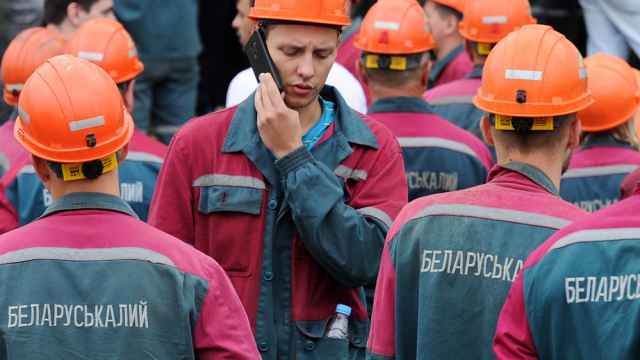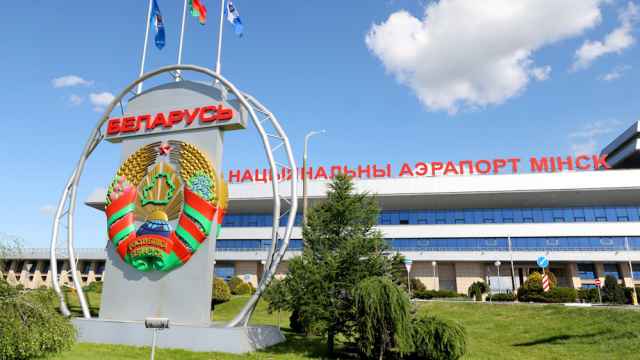An intermediary linked to a businessman close to Belarusian President Alexander Lukashenko imports luxury goods to Russia by reporting artificially low prices in customs documents to circumvent sanctions, the Belarusian Investigative Center (BIC) has found.
This scheme not only violates U.S. and EU bans, but also deprives the Belarusian budget of taxes and customs duties.
The investigation was conducted in collaboration with the Lithuanian investigative outlet Siena and the Russian project Chronicles Media, with support from the activist group CyberPartisans.
Cheap luxuries
Have you ever seen a brand-new, authentic Balenciaga jacket for $4? Or a Dolce & Gabbana quilted vest priced at $6.50? According to customs documents, these are the declared prices for luxury garments shipped by a Belarusian company from the EU to Russia.
Following Russia’s full-scale invasion of Ukraine in February 2022, most Western luxury brands — including Christian Dior, Louis Vuitton and Gucci — suspended operations in Russia.
On March 11, 2022, the U.S. Department of Commerce banned the export of luxury goods (including clothing, footwear, bags and perfumes) to Russia and Belarus if their wholesale price exceeded $1,000 per item. The EU implemented a similar ban four days later, but with a lower threshold of 300 euros per item.
In June 2024, the EU extended these restrictions to luxury exports to Belarus for its role in supporting Russia’s war of aggression.
However, there are ways to bypass these restrictions. On Facebook, a company calling itself Belcargo promises delivery from the EU to Russia “without price restrictions.”
“Price advantage: by ordering delivery of goods through us, recipients of the cargo avoid having to pay duties on goods that cost over 1,000 euros. This is especially relevant for luxury brands, the price of which significantly exceeds this amount,” Belcargo wrote in September 2024.
Price is not important
The BIC contacted Belcargo via WhatsApp, posing as customers hoping to place an order. The company proposed the following delivery scheme:
- Customers buy luxury goods themselves, for example from an Italian online store.
- The seller ships the parcel to a warehouse near Vilnius, Lithuania, or Belcargo arranges pickup directly from Italy and delivers it to Lithuania.
- From the Lithuanian warehouse, the goods are processed, undervalued in documentation and shipped to Russia.
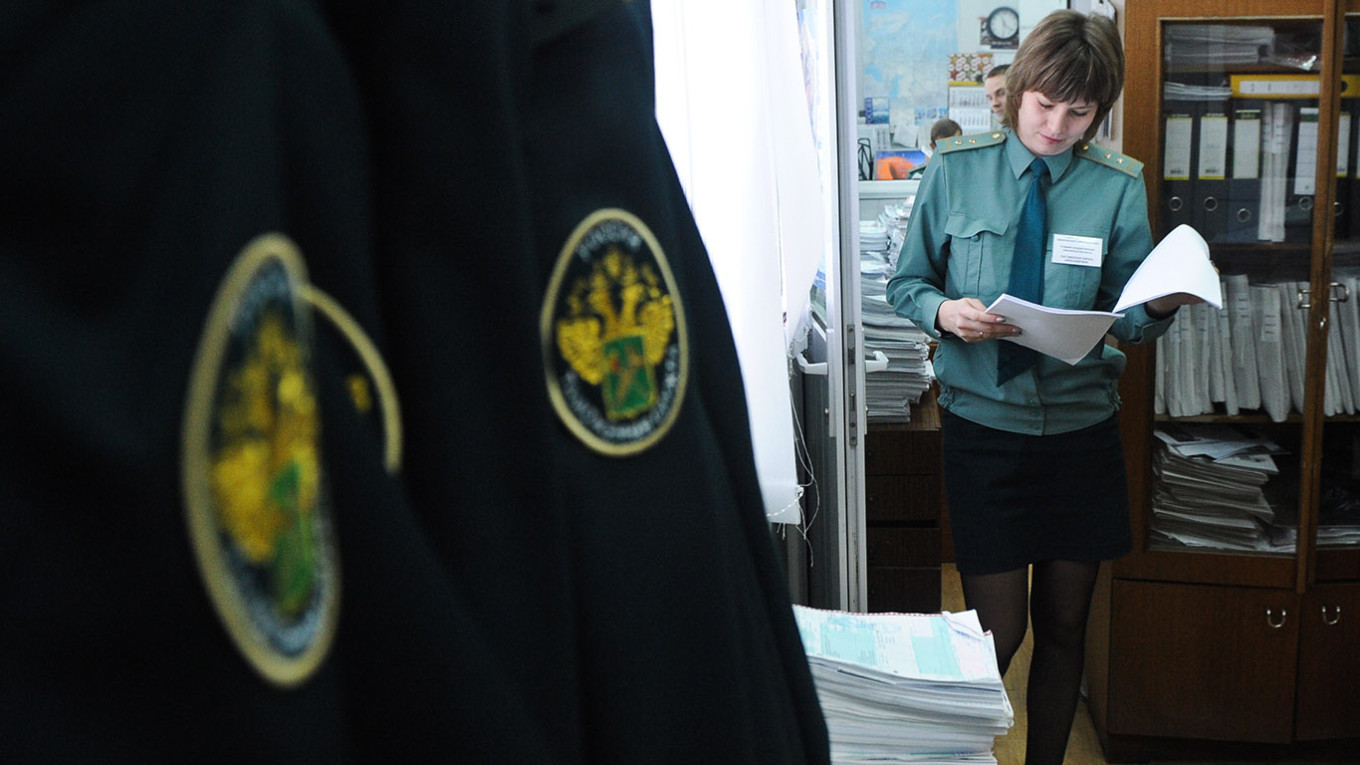
This communication showed that the actual value of the purchased goods was irrelevant. The BIC ordered 10 men’s jackets from brands like Brunello Cucinelli, Cortigiani, HERNO and Fradi. Instead of the real price of 6,450 euros, the BIC declared a value of 1,730 euros. Although it was easy to verify these prices online, Belcargo raised no concerns about the discrepancy or that the actual prices per unit might violate the EU ban.
When importing such goods into the Eurasian Economic Union (in this case, via Belarus), customs duties of 10% and VAT of 20% are normally applied. By undervaluing the goods, these payments are significantly reduced. For this test order of 10 imported Italian jackets alone, the difference in customs and VAT would be around 1,500 euros less.
Who is behind the mask?
The contact numbers on one of Belcargo’s websites trace back to the Russian company Pascaltrade. According to Russian customs data, this company has received large quantities of luxury clothing from the EU. Its sole supplier: the Belarusian company Torgovyi Dom Exporttorg.
Torgovyi Dom Exporttorg is connected to businessman Alexander Zaytsev, a former aide to Viktor Lukashenko, the eldest son of Belarusian ruler Alexander Lukashenko. The EU has sanctioned Zaytsev due to his ties to the Lukashenko family.
Zaytsev owned Torgovyi Dom Exporttorg from 2020 until mid-2021. His successor, Yauheni Krakhotsin, had worked over seven years for another Zaytsev-owned firm, Stiskho.
As of August 2023, Torgovyi Dom Exportorg is officially owned by Anna Yelpayeva, who previously worked at VLATE Logistic — a firm once owned by the Bremino Group. That group is co-owned by Zaytsev and two other businessmen connected to Lukashenko, Aliaksei Aleksin and Mikalai Varabei.
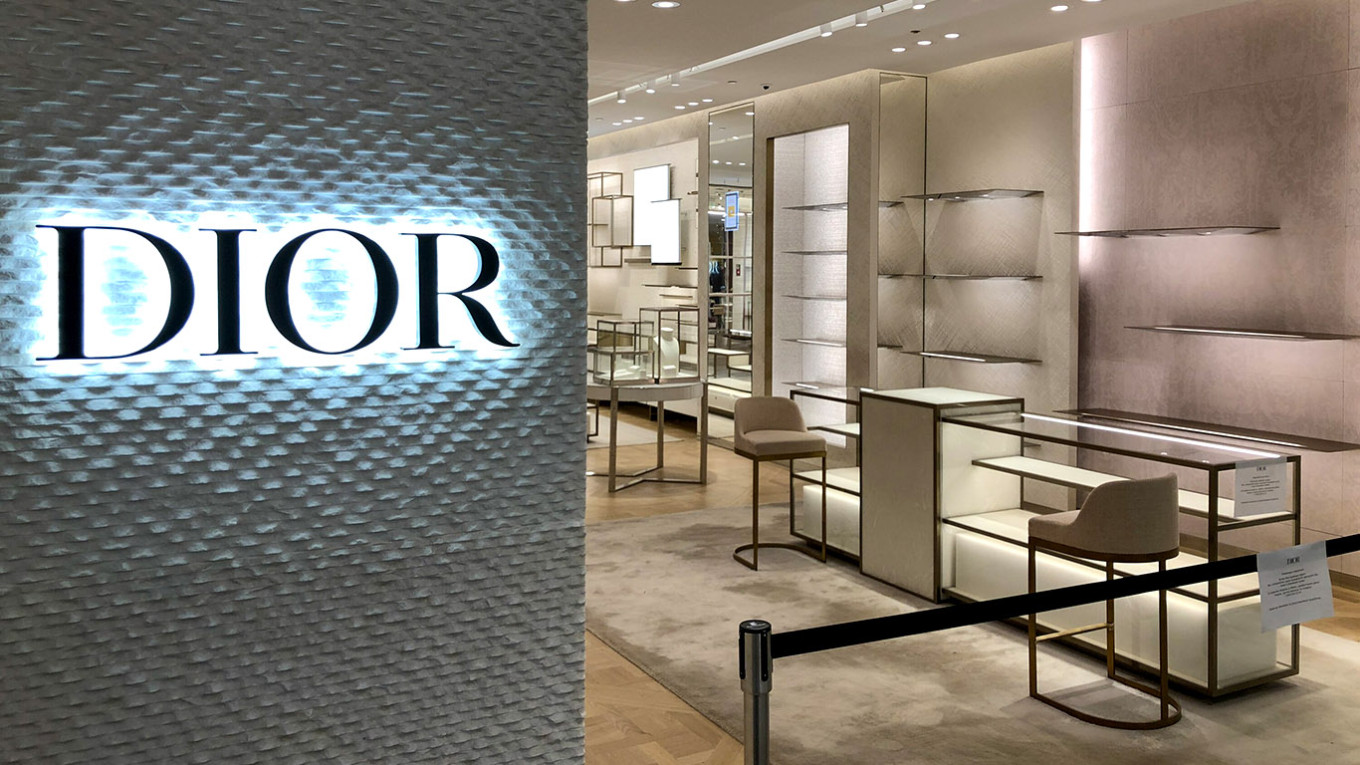
Torgovyi Dom Exporttorg purchases clothing that it imports into Belarus via Lithuania from Lemon, an Italian limited liability company. According to customs declarations obtained by Siena, Exporttorg imported nearly 600 items — including dresses, trousers and shoes — via Lithuania from Lemon.
Though the brands were not specified in the declarations, Lemon’s website states it works with luxury labels.
Most of the items in the documents were declared to Lithuanian customs authorities at less than $40 apiece.
VAT privileges
Once in Belarus, Torgovyi Dom Exporttorg re-exports the clothing to Russia. Russian customs records list specific brands and even models. In one example, a Balenciaga jacket was sold online in Russia for over $2,200. Exporttorg, however, claimed a declared value of just $3.98 in its customs documentation.
This means that the company would be paying a significantly reduced Russian import VAT of 20% based on the fake price of $4 rather than $2,200 or more.
Torgovyi Dom Exporttorg is now the largest Belarusian supplier of luxury clothing to Russia. In 2024, it shipped around 8,000 Italian-made men’s jackets to Russia, accounting for 68% by weight and 59% by value of all such goods coming from Belarus to Russia. In 2023, it represented 55% by weight and 47% by value.
A history of ban circumvention
This is not Exporttorg’s first brush with sanctions violations. Previous BIC investigations revealed that in 2022-2024, the company was involved in multiple schemes to skirt EU and U.S. restrictions. The company helped deliver at least 825 U.S.- and EU-made microchips to Russia, as well as sanctioned Italian tires. It also worked with Russian firms linked to military production.
Despite this, Torgovyi Dom Exporttorg remains unsanctioned by either the EU or the U.S., and thus continues to operate internationally with access to global logistics and financial systems.
The BIC reached out to Torgovyi Dom Exporttorg, Belcargo and Lemon for comment. None had responded by the time of publication.
This is an adapted version of an investigation by the Belarusian Investigative Center.
A Message from The Moscow Times:
Dear readers,
We are facing unprecedented challenges. Russia's Prosecutor General's Office has designated The Moscow Times as an "undesirable" organization, criminalizing our work and putting our staff at risk of prosecution. This follows our earlier unjust labeling as a "foreign agent."
These actions are direct attempts to silence independent journalism in Russia. The authorities claim our work "discredits the decisions of the Russian leadership." We see things differently: we strive to provide accurate, unbiased reporting on Russia.
We, the journalists of The Moscow Times, refuse to be silenced. But to continue our work, we need your help.
Your support, no matter how small, makes a world of difference. If you can, please support us monthly starting from just $2. It's quick to set up, and every contribution makes a significant impact.
By supporting The Moscow Times, you're defending open, independent journalism in the face of repression. Thank you for standing with us.
Remind me later.


